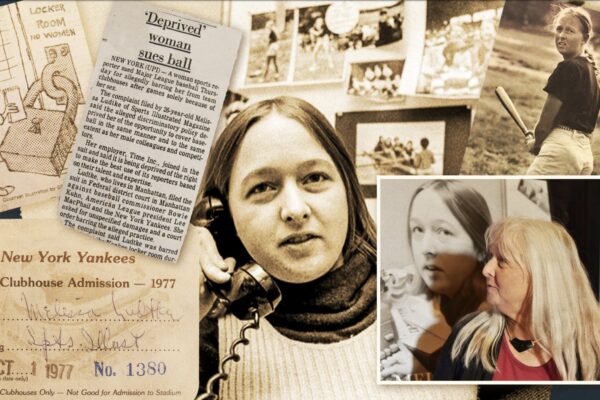By Jared McMurry
Sports Capital Journalism Program
INDIANAPOLIS – “Records are made to be broken.”
That’s what Texas coach Eddie Reese said during the NCAA Division I Men’s Swimming and Diving Championships this weekend. And he would know. Reese guided the Longhorns to a third straight title and record 13th championship.
On Saturday night, the final night of competition at the Indiana University Natatorium, the Longhorns broke four NCAA and American records. In the process they put second-place California well in their rearview mirror with a final tally of 542-319.
But in Reese’s view, the team title still wasn’t as significant as the performance of seniors Will Licon, Jack Conger and Clark Smith.
“We don’t ever come here to win,” Reese said. “I have three seniors who set new American records. So those are seniors who got better, and that’s the name of the game.”
Reese said that winning races is good, but swimming fast is where it is.
Texas did both. The Longhorns tied their national record by winning 11 events, but the remarkable achievements of the Longhorns weren’t the only memorable moments of the evening.
In all, 59 records were broken throughout the NCAA Championships.
Florida’s Caeleb Dressel entered uncharted waters with his swim in the 100 freestyle.
As the junior’s hand touched the wall and the crowd saw the time 40.00 appear on the board, it responded with a sound that was part gasp of disbelief and part roar to recognize a milestone moment for the sport. Dressel had surpassed his own NCAA, American and U.S. Open record of 40.46 set one year earlier. Supporters of every program stood and cheered in tribute.
The Texas swimmers received loud cheers all night long. Smith opened the night by winning the fastest 1650 freestyle race in the history of the sport. Not only did he cement his name in the record book with a time of 14:22.41, but the three swimmers who finished directly behind him – Michigan freshman Felix Auboeck, South Carolina junior Akaram Mahmoud and Northwestern senior Jordan Wilimovsky — broke the previous American and U.S. Open mark of 14:23.52.
After Smith jetted out to a lead, he fell behind and had to make a move in the back half of the race to regain the lead. He was doing it all despite a pulled groin muscle.
“I didn’t want to make any premeditated excuses,” Smith said. “I just decided to swim the race no matter how I felt. Around the 1200 it got really bad and my ego kind of finished the race for me.”
Licon also swam his way to history in the 200 breaststroke with a time of 1:47.91. With the victory, the Longhorn senior captured his third individual title of the meet and became the first swimmer to break 1:48 in the event.
As the night went on Texas swimmers kept touching the wall first, and records kept falling.
Conger blew past the competition in the 200 butterfly with a time of 1:37.35. He broke his own American record set a year ago and the NCAA and U.S. Open records held by Texas teammate Joseph Schooling.
The record was special, Conger said, but the victory added an extra reward. For the first time in his career, the senior had reached the top of the podium.
“That’s something that’s been kind of pinnacle of mine for a while now,” he said. “You know I touched and I was really, really excited that I had finally achieved that.”
As if the three individual records and titles weren’t enough for the Longhorns, the 400 freestyle relay team of Brett Ringgold, Conger, Townley Haas and Schooling capped the meet off with yet another record.
The foursome held off Florida to win the race and set a NCAA and American record of 2:45.39, forever cementing the 2017 Texas men’s swimming team as one of the best in history.
The 59 records at the Natatorium were in part a result of the quality of the facility. Ed Merkling, assistant director at the Natatorium, explained why records continue to fall here.
“Our inlets, the water comes back into the pool from the bottom of the pool instead of the sides,” he said. “And there is some theory there that there’s a little bit of lift when they’re swimming.”
Merkling noted that a lot of thought went into the dynamic creation of the pool, which opened in 1982 and was renovated last year.
“Thirty some years ago there was just a lot of thought process going into building a fast pool,” he said.
None of that mattered by the end of the evening. For after the Longhorns were recognized for their latest championship, after they dove, flipped or cannonballed their way back into the water, they turned the diving well into a kiddie pool and became a very soggy a cappella chorus.
They raised their right hands, extending index fingers and pinkies in the Hook ‘Em sign, and they sang “The Eyes of Texas.”
…Do not think you can escape them
At night or early in the morn
The eyes of Texas are upon you…
Then they splashed and splashed like children on a summer day, at the end of a championship night they will remember until Gabriel blows his horn.


